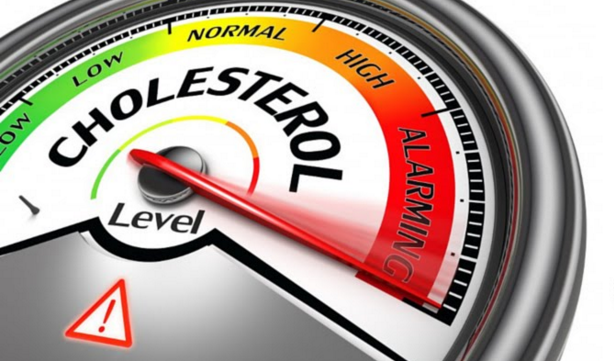© Brighteon.com All Rights Reserved. All content posted on this site is commentary or opinion and is protected under Free Speech. Brighteon is not responsible for comments and content uploaded by our users.
In this video, we're going to talk about the importance of mitochondria in relation to longevity and how specific molecules found in food can help support their function. We explore the benefits of PQQ, polyphenols, Coenzyme Q10, L-carnitine, carnosine, phycocyanin, and EPA/DHA. These molecules are found in a variety of foods, such as: • Cacao, which contains PQQ • Berries, grass-fed meats, and cheese, which are rich in polyphenols • Liver, red meat, and fatty fish, which are good sources of Coenzyme Q10 • Red meat, which is high in L-carnitine and carnosine • Spirulina, which is a vegetarian source of phycocyanin • Salmon, sardines, and cod liver oil, which are rich in EPA and DHA Incorporating these foods into your diet can potentially increase the number of mitochondria in your cells, improve energy production, decrease oxidative stress and inflammation, and slow down aging. Let's dive deeper into each of these potent molecules and their specific benefits: • PQQ—Boosts mitochondrial count and supports uninterrupted energy production in cells. • Polyphenols—Enhance mitochondrial function and reduce inflammation. • Coenzyme Q10—Is essential for proper mitochondrial functioning, especially in energy production. It also acts as an antioxidant and may have therapeutic effects for mitochondrial diseases. Supplementing with Coenzyme Q10 may benefit those taking statins. • L-carnitine—Helps with fat burning, muscle preservation during exercise, and post-workout recovery. • Carnosine—Acts as a pH buffer, reducing inflammation and oxidative stress, and may delay aging. • Phycocyanin—Has antioxidant properties and supports mitochondrial biogenesis, increasing energy production and potentially protecting DNA. • EPA and DHA—Are omega-3 fatty acids that increase mitochondrial function, reduce oxidative stress, have anti-inflammatory effects, and improve insulin sensitivity.
Disclaimer:
Dr. Eric Berg received his Doctor of Chiropractic degree from Palmer College of Chiropractic in 1988. His use of “doctor” or “Dr.” in relation to himself solely refers to that degree. Dr. Berg is a licensed chiropractor in Virginia, California, and Louisiana, but he no longer practices chiropractic in any state and does not see patients so he can focus on educating people as a full-time activity, yet he maintains an active license. This video is for general informational purposes only. It should not be used to self-diagnose and it is not a substitute for a medical exam, cure, treatment, diagnosis, prescription, or recommendation. It does not create a doctor-patient relationship between Dr. Berg and you. You should not make any change in your health regimen or diet before first consulting a physician and obtaining a medical exam, diagnosis, and recommendation. Always seek the advice of a physician or other qualified health provider with any questions you may have regarding a medical condition.





